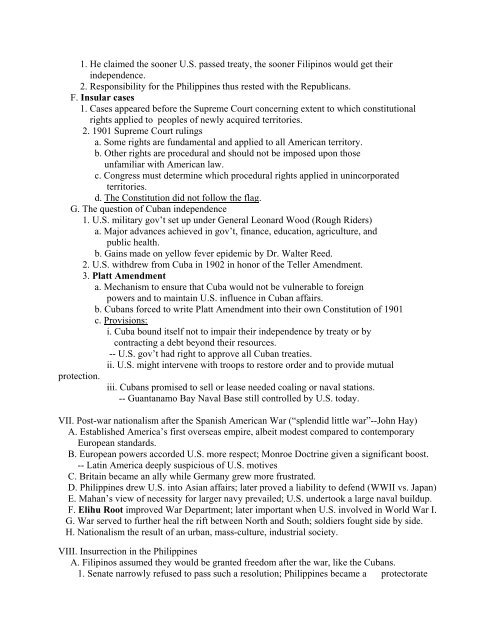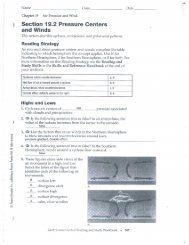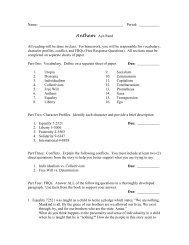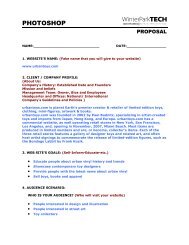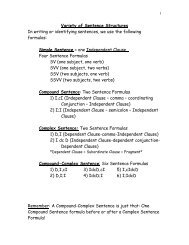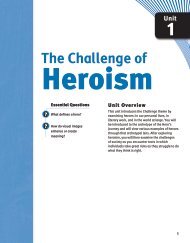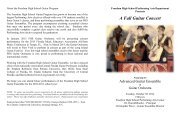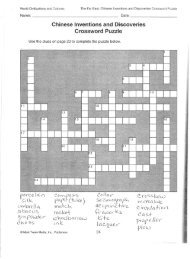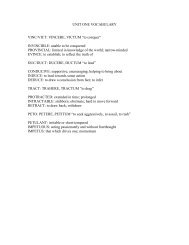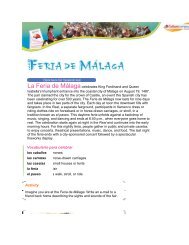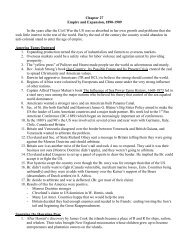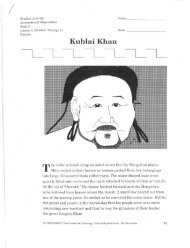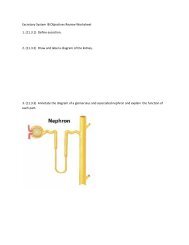Imperialism Notes 1890-1913
Imperialism Notes 1890-1913
Imperialism Notes 1890-1913
Create successful ePaper yourself
Turn your PDF publications into a flip-book with our unique Google optimized e-Paper software.
1. He claimed the sooner U.S. passed treaty, the sooner Filipinos would get their<br />
independence.<br />
2. Responsibility for the Philippines thus rested with the Republicans.<br />
F. Insular cases<br />
1. Cases appeared before the Supreme Court concerning extent to which constitutional<br />
rights applied to peoples of newly acquired territories.<br />
2. 1901 Supreme Court rulings<br />
a. Some rights are fundamental and applied to all American territory.<br />
b. Other rights are procedural and should not be imposed upon those<br />
unfamiliar with American law.<br />
c. Congress must determine which procedural rights applied in unincorporated<br />
territories.<br />
d. The Constitution did not follow the flag.<br />
G. The question of Cuban independence<br />
1. U.S. military gov’t set up under General Leonard Wood (Rough Riders)<br />
a. Major advances achieved in gov’t, finance, education, agriculture, and<br />
public health.<br />
b. Gains made on yellow fever epidemic by Dr. Walter Reed.<br />
2. U.S. withdrew from Cuba in 1902 in honor of the Teller Amendment.<br />
3. Platt Amendment<br />
a. Mechanism to ensure that Cuba would not be vulnerable to foreign<br />
powers and to maintain U.S. influence in Cuban affairs.<br />
b. Cubans forced to write Platt Amendment into their own Constitution of 1901<br />
c. Provisions:<br />
i. Cuba bound itself not to impair their independence by treaty or by<br />
contracting a debt beyond their resources.<br />
-- U.S. gov’t had right to approve all Cuban treaties.<br />
ii. U.S. might intervene with troops to restore order and to provide mutual<br />
protection.<br />
iii. Cubans promised to sell or lease needed coaling or naval stations.<br />
-- Guantanamo Bay Naval Base still controlled by U.S. today.<br />
VII. Post-war nationalism after the Spanish American War (“splendid little war”--John Hay)<br />
A. Established America’s first overseas empire, albeit modest compared to contemporary<br />
European standards.<br />
B. European powers accorded U.S. more respect; Monroe Doctrine given a significant boost.<br />
-- Latin America deeply suspicious of U.S. motives<br />
C. Britain became an ally while Germany grew more frustrated.<br />
D. Philippines drew U.S. into Asian affairs; later proved a liability to defend (WWII vs. Japan)<br />
E. Mahan’s view of necessity for larger navy prevailed; U.S. undertook a large naval buildup.<br />
F. Elihu Root improved War Department; later important when U.S. involved in World War I.<br />
G. War served to further heal the rift between North and South; soldiers fought side by side.<br />
H. Nationalism the result of an urban, mass-culture, industrial society.<br />
VIII. Insurrection in the Philippines<br />
A. Filipinos assumed they would be granted freedom after the war, like the Cubans.<br />
1. Senate narrowly refused to pass such a resolution; Philippines became a protectorate


